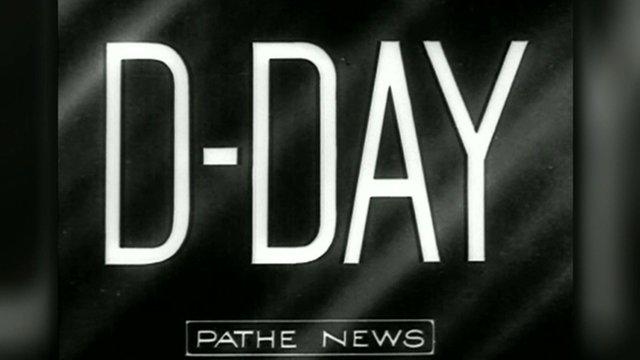D-Day anniversary: Veterans mark historic invasion
- Published
Watch key moments from the D-Day 70th anniversary commemorations
Almost 2,000 veterans and world leaders are attending the main commemoration event marking the 70th anniversary of the D-Day landings in France.
They are gathered at Sword Beach in Normandy, one of five landing points for the Allies, where scenes from the 1944 invasion will be recreated.
The Queen earlier laid a wreath at a cemetery in Bayeux during a ceremony attended by about 400 veterans.
The landings were the first stage of the invasion of Nazi-occupied Europe.
By the end of D-Day on 6 June 1944, the Allies had established a foothold in France - an event that would eventually help bring the war to an end.
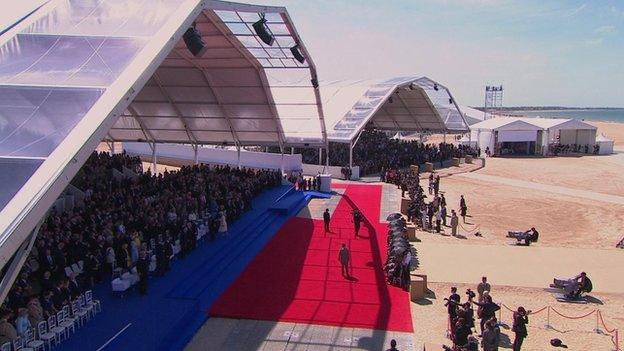
The ceremony at Ouistreham is being held in blazing sunshine and high temperatures
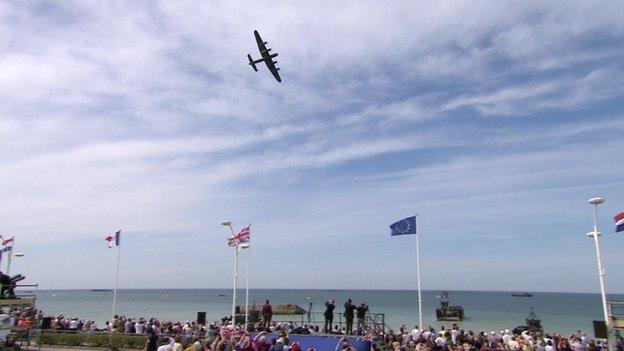
The crowds at Sword Beach were treated to a fly past by WWII aircraft, which included this Lancaster bomber
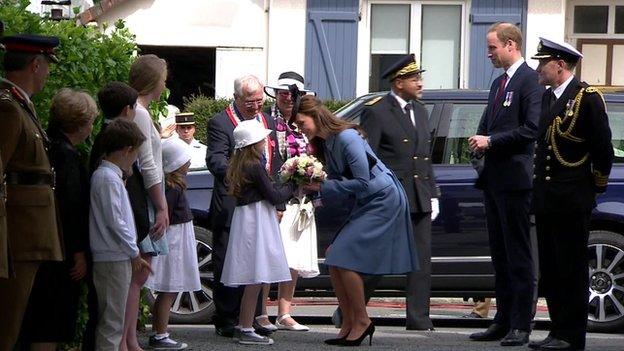
The Duke and Duchess of Cambridge attended a tea party in Arromanches, near Gold landing beach
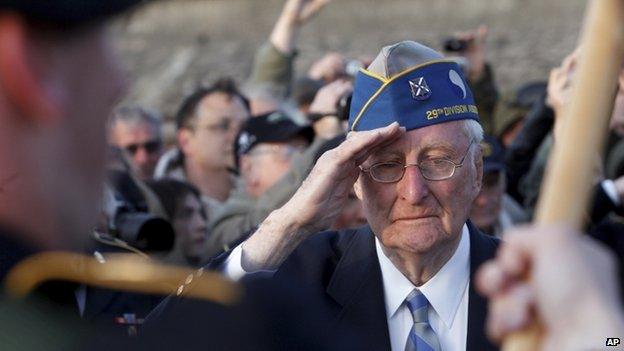
US veterans including Morley Piper, 90, gathered at Omaha Beach on Friday morning

At the D-Day commemorations
Caroline Wyatt, BBC defence correspondent
As the sun rose over Normandy shores this morning, a veteran watched, lost in memories, from the deck of HMS Bulwark. The Royal Navy flagship had sailed the English Channel overnight at the head of an international task group of ships.
For former Royal Marine Corporal Bill Bryant, 89, the sight of the beaches brought back emotional recollections of the same time exactly 70 years ago, as he prepared to drive his landing craft to the shores - carrying his colleagues to their fate on land, amid a barrage of noise and chaos.
The contrast with today could not have been greater as he joined many other veterans on "Gold" Beach, amid a festival atmosphere. The sunshine sparkled on the waves, and French families and tourists from across Europe gathered to watch military bands on the main square at Arromanches.
This doughty but dwindling band of brothers know this may be the last time they meet on these shores. For the veterans, and those who've come to honour them, the ceremonies at Bayeux cemetery are a poignant but powerful reminder of courage and endurance, as D-Day slowly passes from living memory into history.

A 21-gun salute and a flypast also formed part of proceedings at the Sword Beach ceremony, which is being attended by UK Prime Minister David Cameron and German Chancellor Angela Merkel.
A Lancaster bomber, regarded as the workhorse of the RAF, flew over the crowds below, flanked by two Spitfires.
During a speech delivered earlier at a US war cemetery at Colleville-sur-Mer near Bayeux, French President Francois Hollande said every man who took part in D-Day was a "hero".
He said France would never forget what it owed them, nor would it forget its solidarity with the US.
And in a speech at Ouistreham, which was drenched in warm sunshine, Mr Hollande paid tribute to "the courage of all these young men who came from all over the world to conquer - metre after metre, inch after inch - the beaches and the dunes".
Earlier at Colleville-sur-Mer, US President Barack Obama said: "America's claim - our commitment to liberty, to equality, to freedom, to the inherent dignity of every human being - that claim is written in blood on these beaches, and it will endure for eternity".
President Obama led a standing ovation, ahead of a 21-gun salute and fly-past at the Colleville-sur-Mer US cemetery
Elsewhere, Prince Charles and the Duchess of Cornwall attended a Royal British Legion service at Bayeux Cathedral.
And the Duke and Duchess of Cambridge are attending events in Arromanches, near Gold landing beach where thousands of British troops came ashore on D-Day.
Following a service at Bayeux Cathedral, many veterans left to walk to the nearby military cemetery where nearly 2,000 are now gathered.
The BBC's Becky Kelly reported that crowds have been bursting into applause as the veterans walk past, some people shouting "thanks".
In other events:
A flotilla of ships from the Allied nations led by HMS Bulwark sailed from Portsmouth to Normandy on Thursday
Prince Charles and The Duchess of Cornwall will attend a remembrance ceremony at the Juno Beach Centre, Courseulles-sur-Mer, to commemorate Canada's role in the Normandy landings
The Duke and Duchess of Cambridge are to attend a veterans' tea party in Arromanches
Bernard Jordan, an 89-year-old D-Day veteran who went missing after apparently being told by care home staff that he could not attend the anniversary commemorations, has been found safe and well in Normandy. He left the home on Thursday morning wearing his war medals under a jacket and raincoat

What was D-Day?
On 6 June 1944, British, US and Canadian forces invaded the coast of northern France in Normandy.
The landings were the first stage of Operation Overlord - the invasion of Nazi-occupied Europe - and were intended to end World War Two.
Portsmouth's D-Day Museum says as many as 4,413 Allied troops died, external on the day of the invasion - more than previously thought.
By the end of D-Day, the Allies had established a foothold in France. Within 11 months Nazi Germany was defeated, as Soviet armies swept in from the east and captured Hitler's stronghold in Berlin.
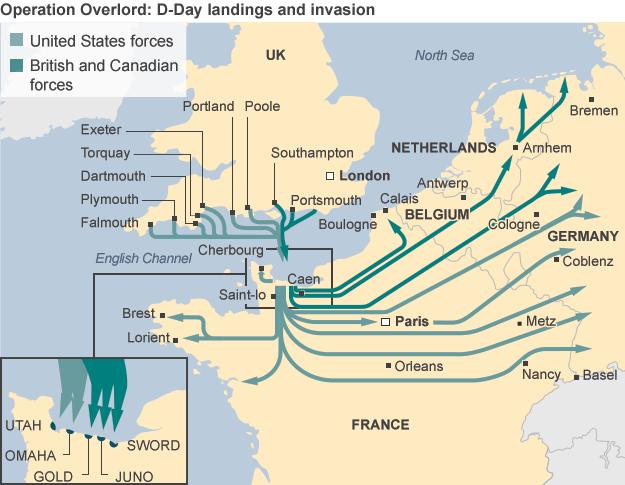
- Published5 June 2014
- Published5 June 2014
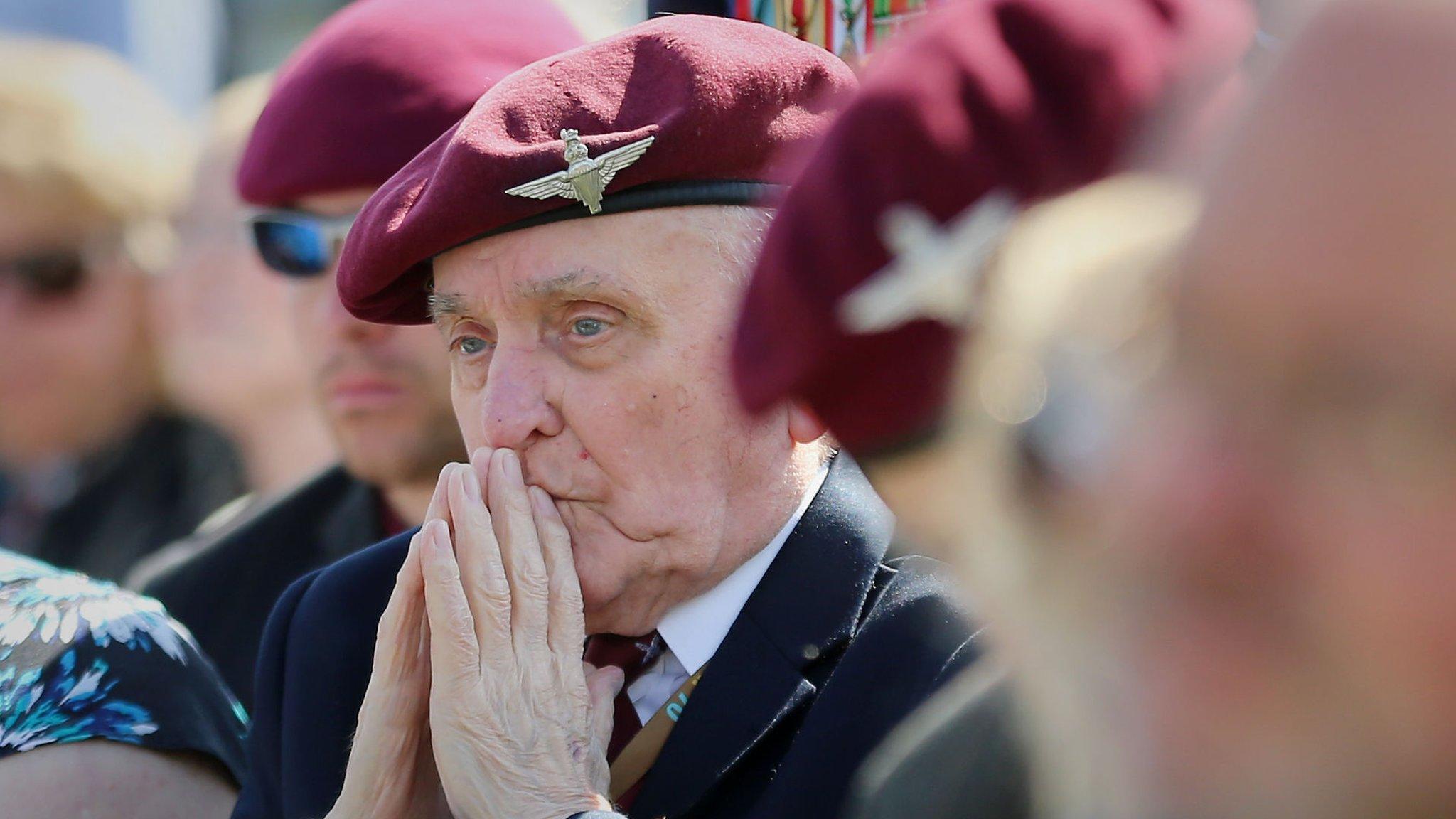
- Published6 June 2014
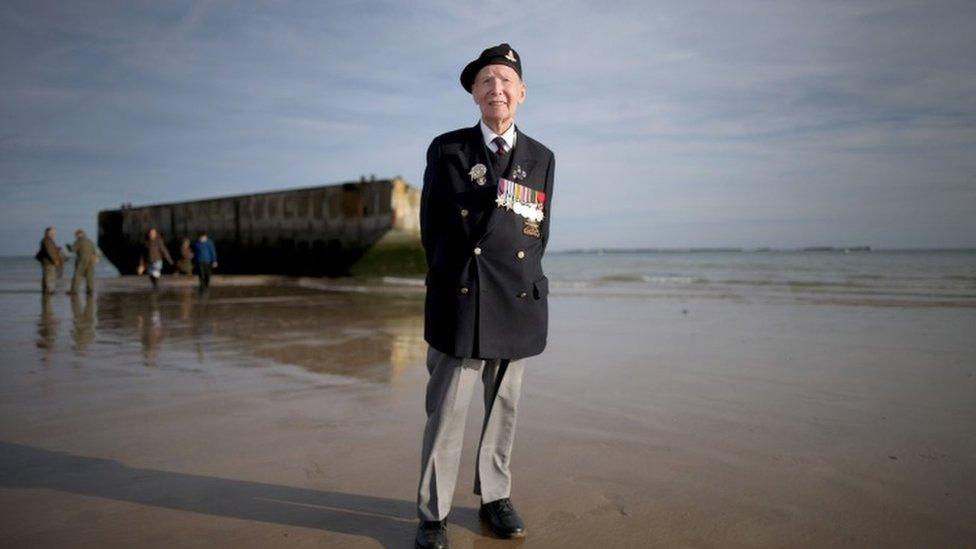
- Published5 June 2014
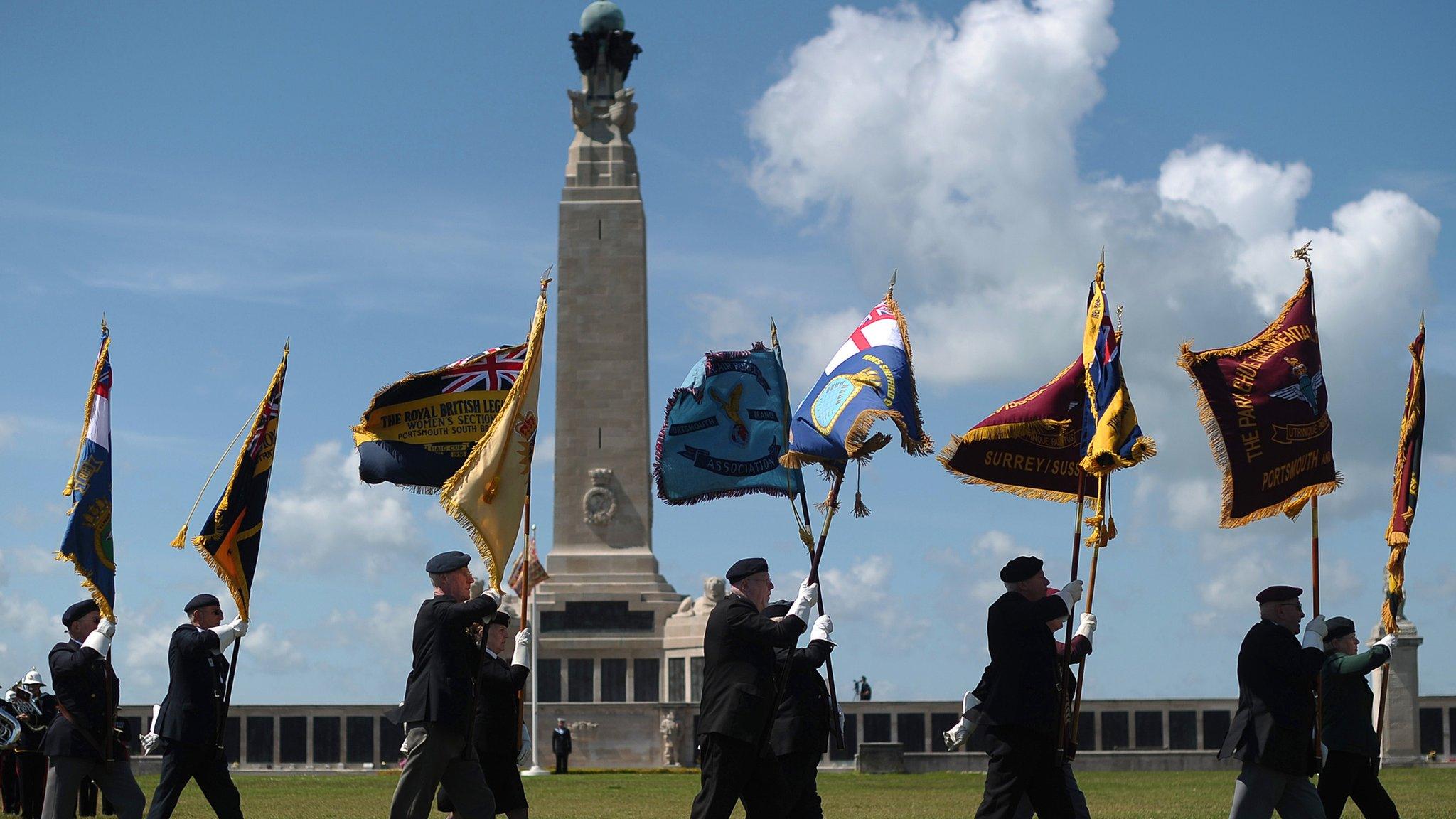
- Published5 June 2014
- Published5 June 2014
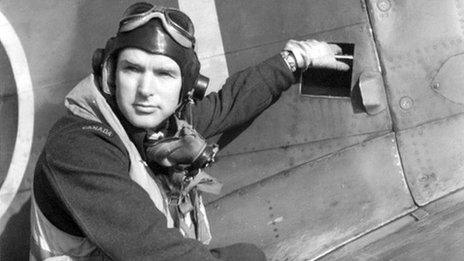
- Published5 June 2014
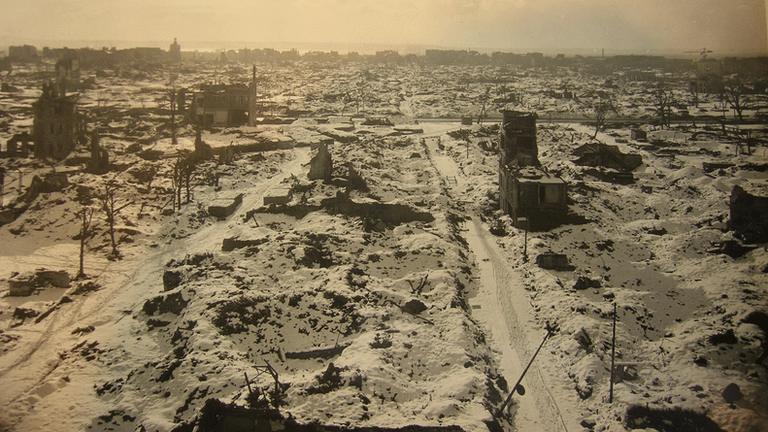
- Published5 June 2014
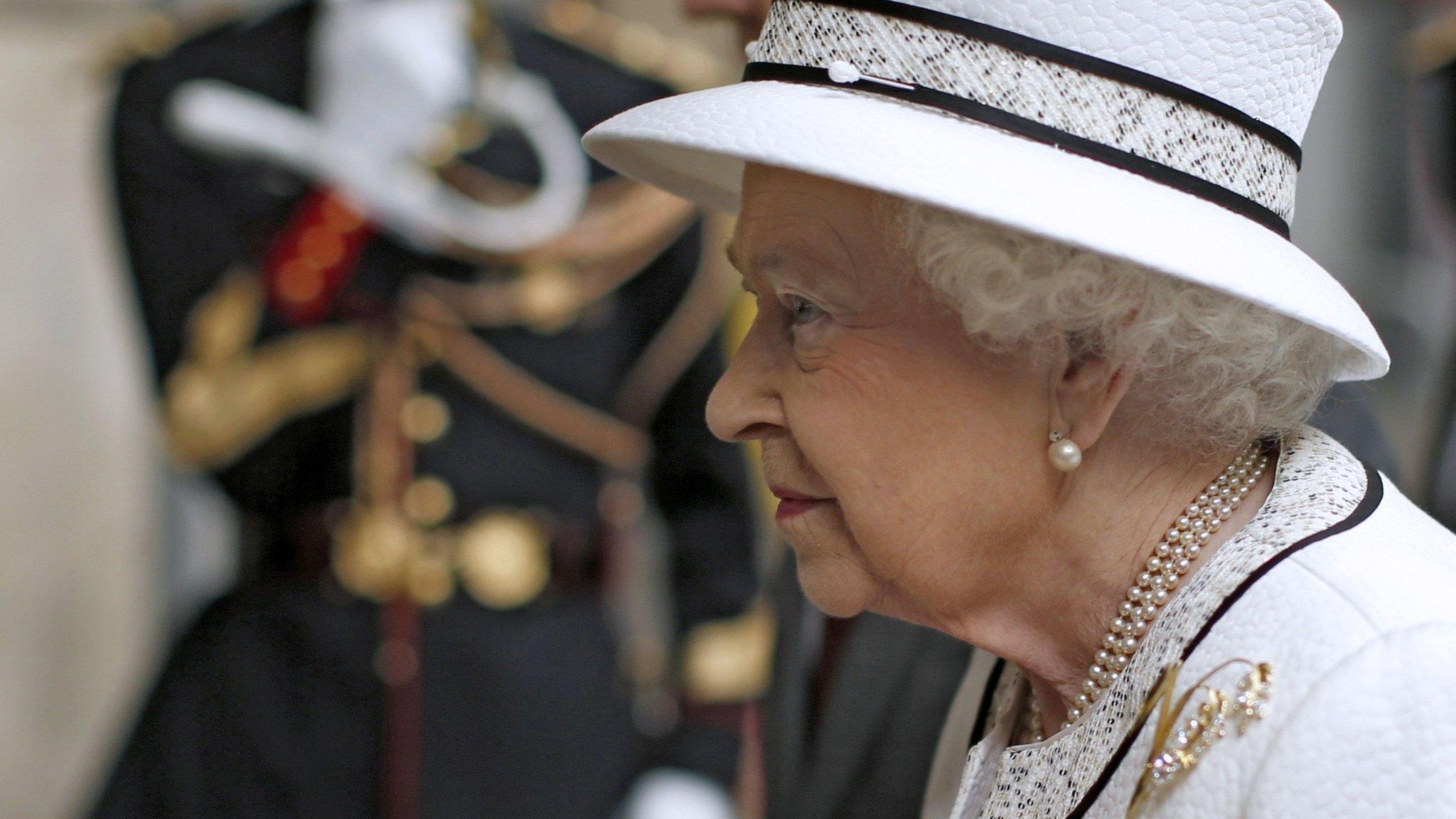
- Published5 June 2014
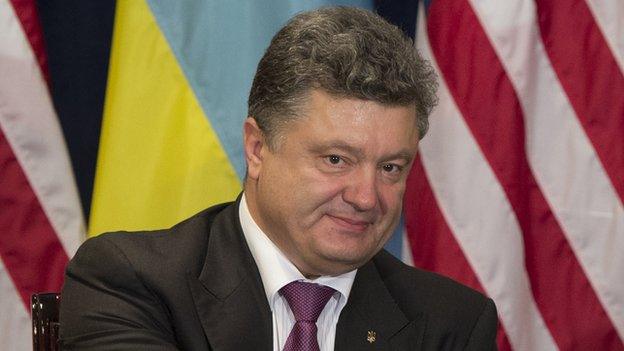
- Published5 June 2014
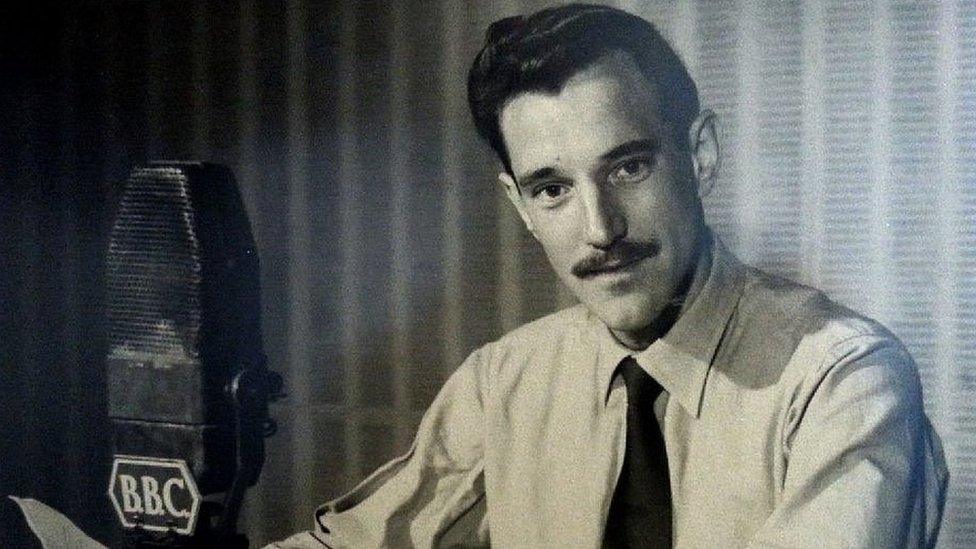
- Published4 June 2014
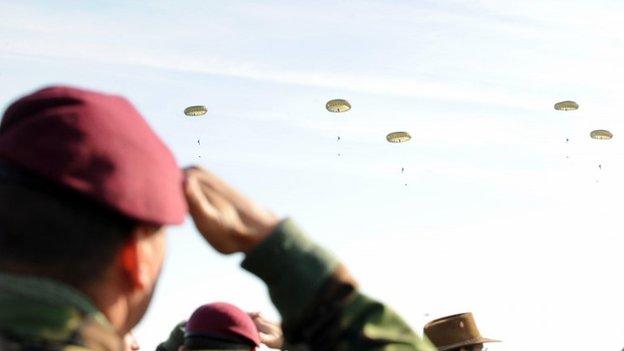
- Published4 June 2014
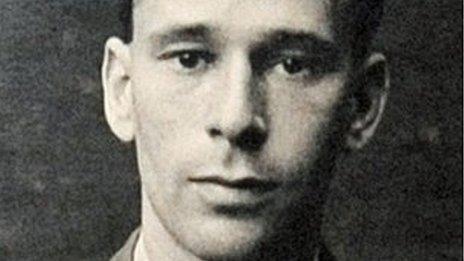
- Published3 June 2014
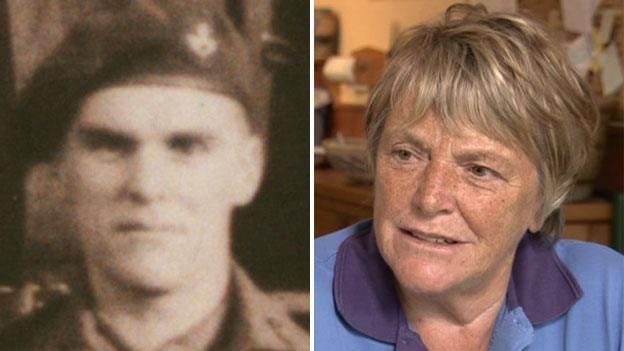
- Published20 May 2014
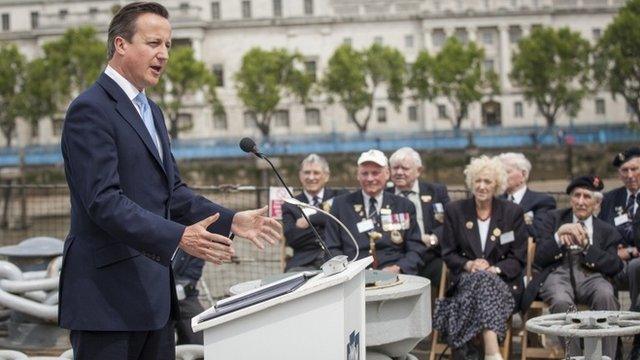
- Published6 June 2014
